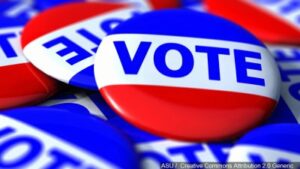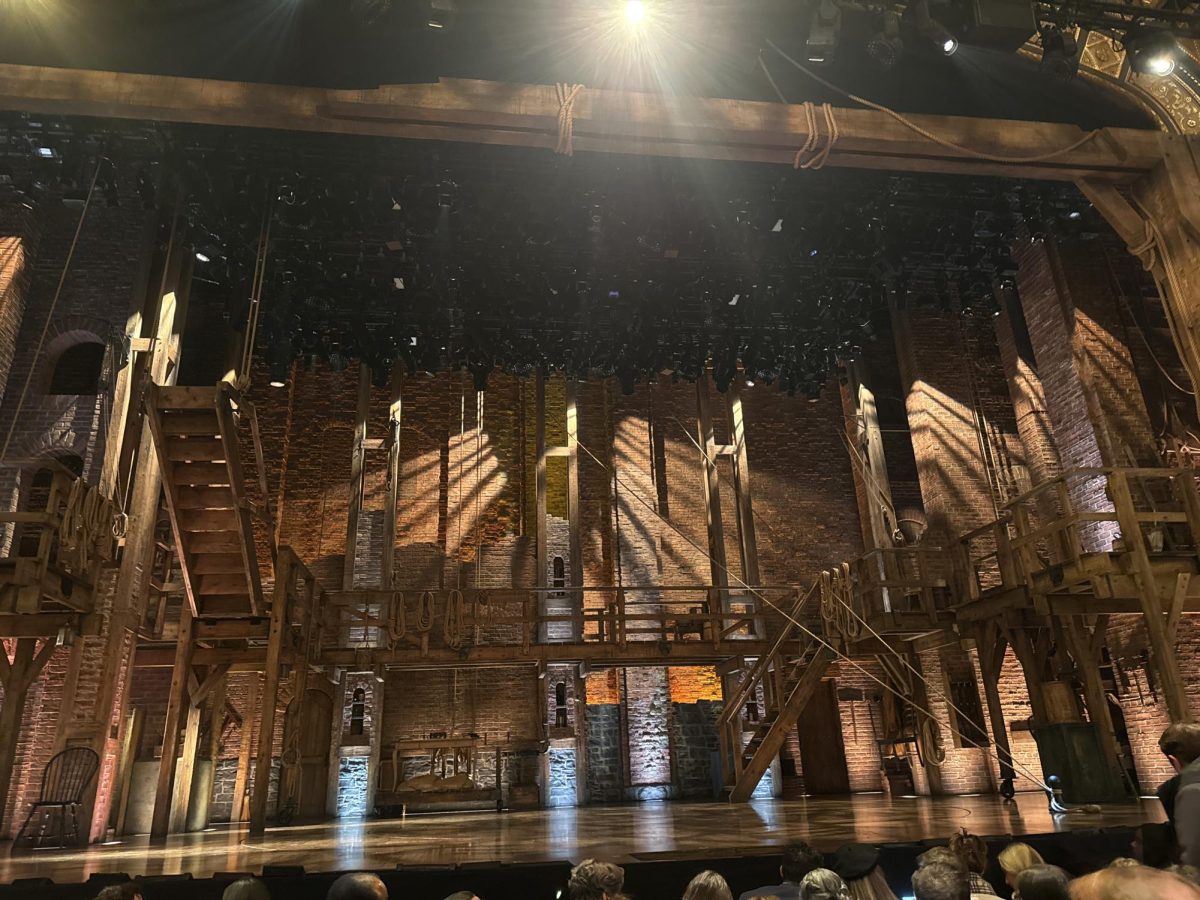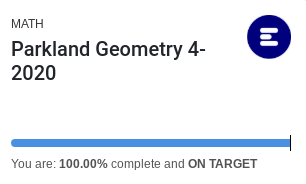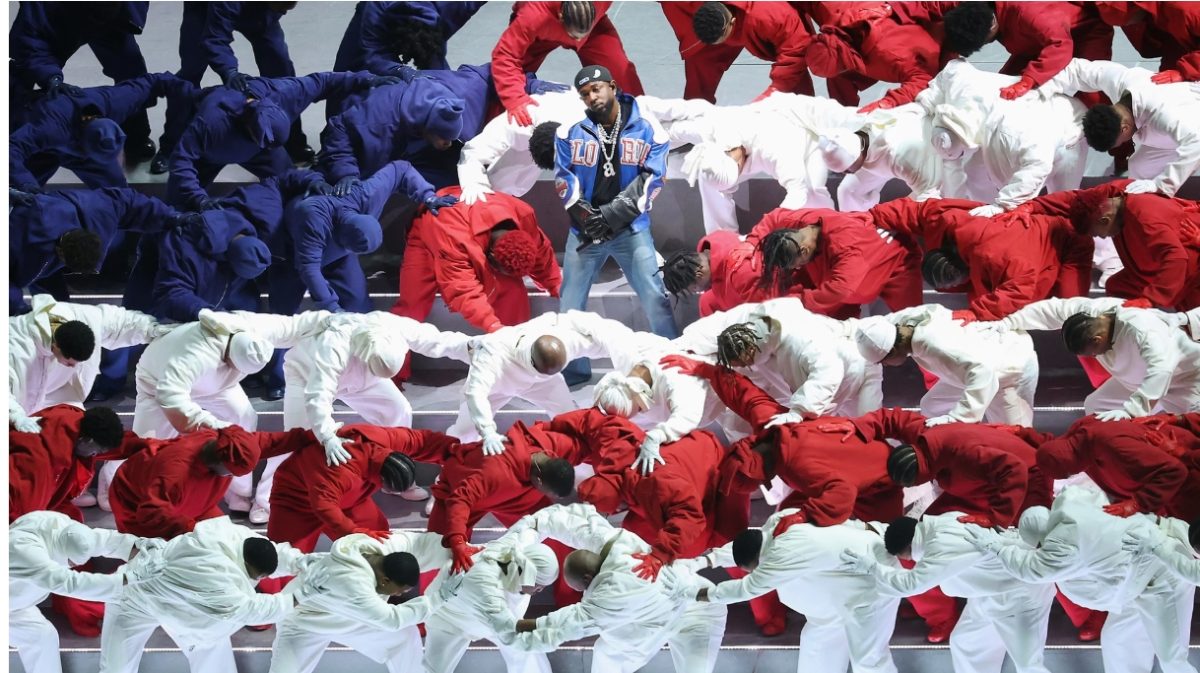On Tuesday, November 5th, 2024, the 2024 Presidential Elections will be held. On January 20th, 2025, the elected president will be sworn into office. I was born on January 5th, 2007 and will be exactly 17 years and 10 months old when the 2024 Presidential Elections occur. By the time of the presidential inauguration, I will be 18 years and 15 days old, legally becoming an adult in the eyes of the government during that timespan. I will become required to register for the draft, legally become able to receive the death penalty for capital murder, become required to pay income taxes, become eligible to serve on a jury, and become a carrier of the same responsibilities of all other adult citizens. However, unlike most adult citizens, I will not have had a say in who is the leader of our country. This is a dilemma faced by those whose birthdays fall between election day and inauguration day. While the affected birthday range may not be of voting age at the time of the election, they will be legally treated as adults from day one of the administration. Does that seem right?Shouldn’t those who become legal adults between election day and inauguration day have the right to elect their leaders on Election Day?
Nate Janukowicz (11), who would be 9 days too young to vote in 2024, endorsed this idea, saying, “Sounds like a good idea.” Other students, however, were more apprehensive about this suggestion. Minori Yamashita (11), who would be one month and 9 days too young to vote in 2024, was skeptical of this idea, saying, “ I think it’s an interesting proposal. With that being said, I think the legal voting age should remain the same. I think this is the better option because for me, I believe that it is important for the young people to be able to voice their opinions in politics. Even if we change the voting age to the Inauguration Day, the date of the election doesn’t change. Now, what if people with the active voice wanted to vote for a candidate that promises the change they want but they aren’t old enough to vote because of the new proposal. Then that would mean the people who wanted to vote will have to wait another 4 years. And who knows? Maybe the change they wanted won’t be one of the options and I feel that’s really unfortunate if that happens. I feel like the slightest timing makes a big difference in who we choose and what we want.” Luka Pettine (11), who would be slightly under two months too young to vote in 2024, said “All of the older people that would actually vote on it would never let it happen.”
These three responses sum up the actuality of the idea fairly well. As Janukowicz noted, the idea itself is solid. But, as Yamashita discussed, a new voting date would still exclude younger voters born after Inauguration Day. However, as Pettine stated, the debate is essentially moot due to the fact that the people responsible for ratifying this proposal would be unwilling to lend their support. Realistically speaking, there would not be enough support from federal and state legislatures to be able to ratify the constitutional amendment for this proposal to even approach feasibility. Although this idea will never come to fruition, The Trumpet would like to know your opinion on this proposal. Please leave your opinion in the comments.










